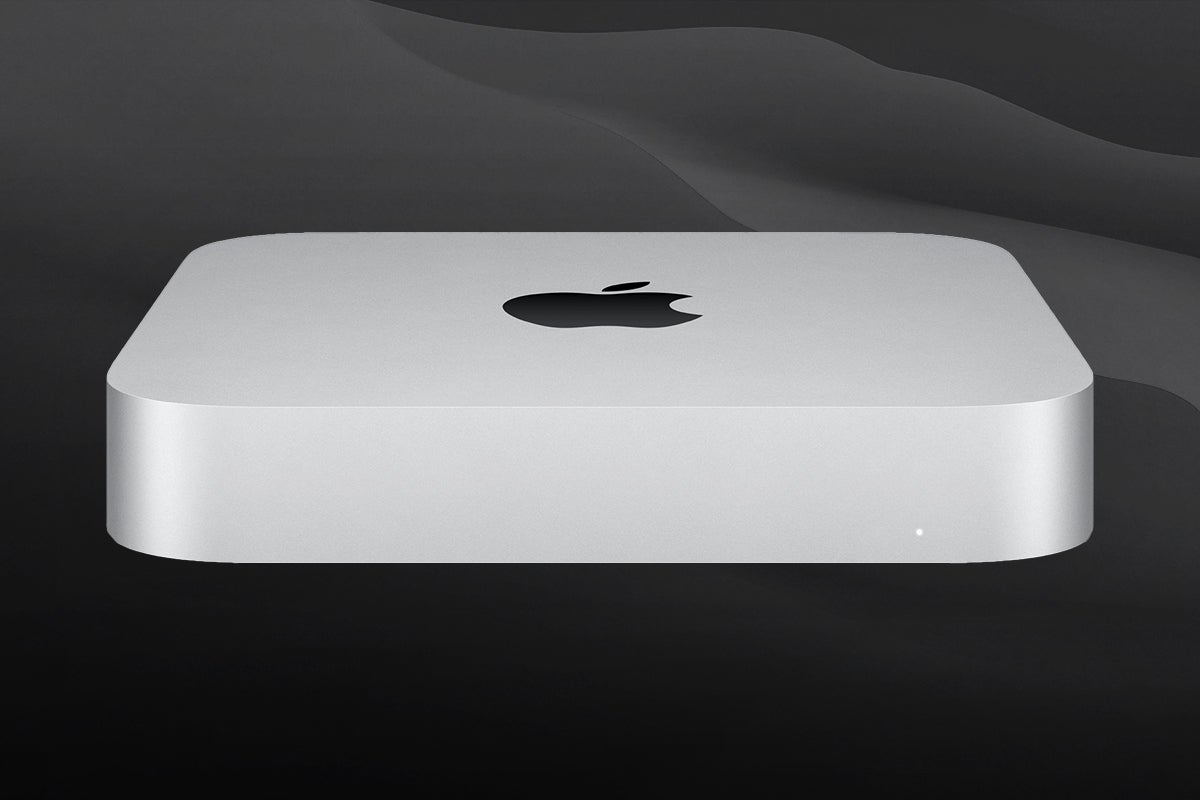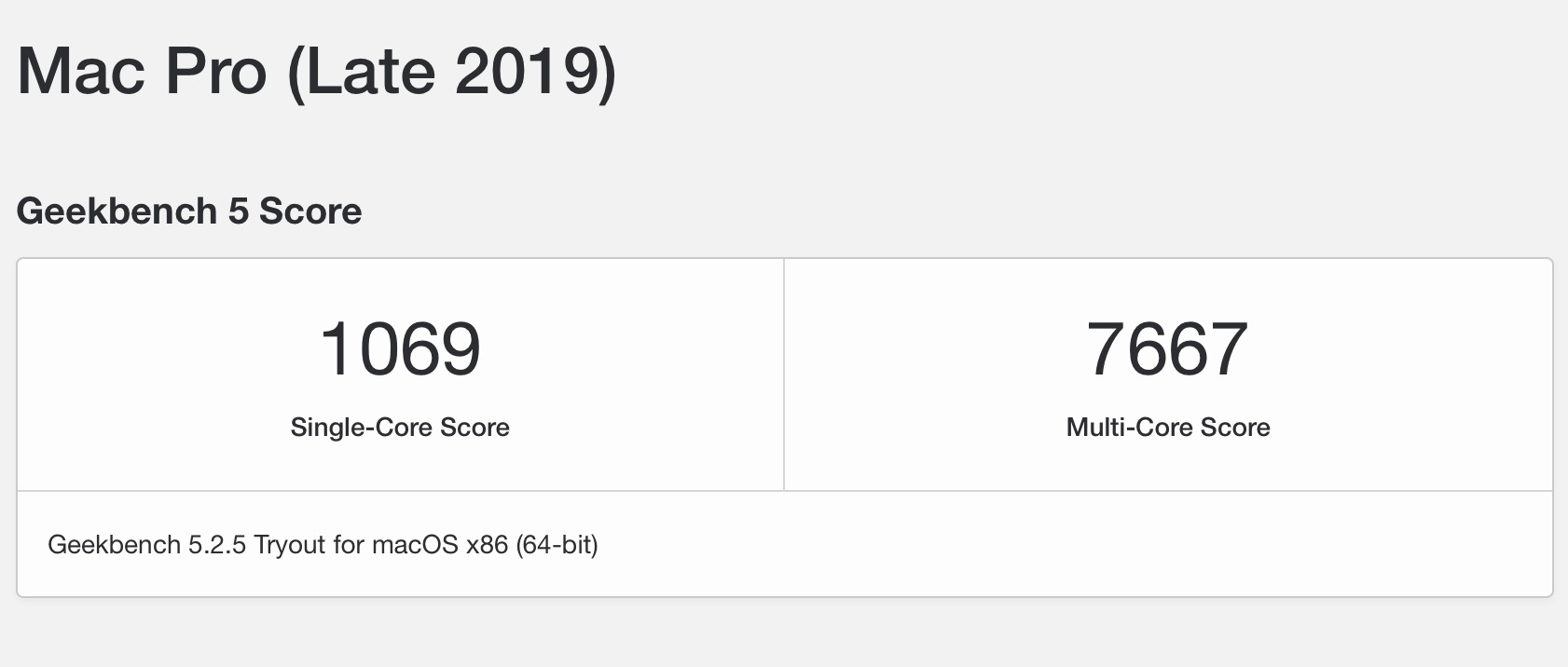

Plugging in my 1290/580 numbers, we would estimate it's geekbench score to be around 4900.

The apple A15 chip in the iPhone 13 has 2 performance cores and 4 efficiency cores.
GEEKBENCH MAC M1 PRO UPGRADE
Obviously this is not actually a truly scientific estimate, I have no idea how linearly this actually scales, but if we assume that my estimate is reasonable, I think it's pretty significant because it seems to show the 8-core M1 pro being quite a bit closer in performance to the M1 than it is to the 10-core M1 pro, which means if you're someone who would make use of that performance, it's probably worth it to spring the extra $200 for the upgrade to the 10-core.ĮDIT: Y'all, I might be on to something. So, assuming the 8-core version of the M1 pro has 6 performance cores and 2 efficiency cores, we can estimate that it would score roughly 8900 on the multicore geekbench benchmark. So now we know each performance core adds about 1290 to the multicore geekbench score, while each efficiency core adds about 580. We can now plug those into both equations to make sure we did the math right, and looks like we did. Then we plug that back into the second equation and solve for e which gives us e = 583. Then we plug that into the first equation and solve for p, which gives us p = 1291. We can solve for e in either equation (I chose the second), which gives us e = 5750 - 4p. We'll have p = performance core and e = efficiency core So, we can set up a system of equations to estimate how much each type of core contributes to the overall score. We also know that the M1 pro/max has 8 high performance cores and 2 efficiency cores, and gets a multicore geekbench score of around 11500 So, we know that the M1 has 4 high performance cores and 4 efficiency cores, and gets a multicore geekbench score of around 7500 I was bored and I felt like dusting off the ol' algebra shelf in my brain, so I figured I'd do my best napkin math attempt at "scientifically" estimating this lol.


 0 kommentar(er)
0 kommentar(er)
